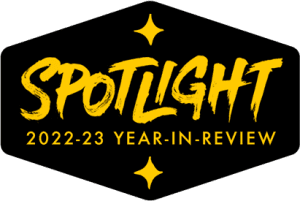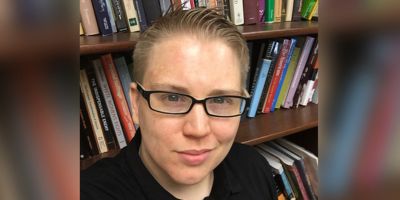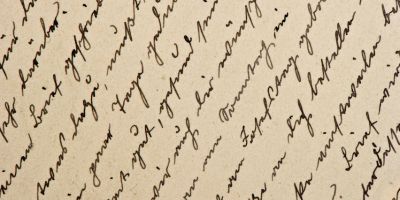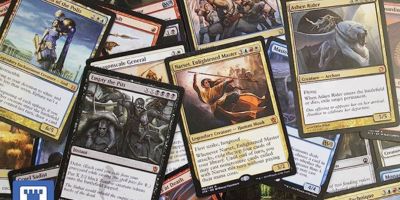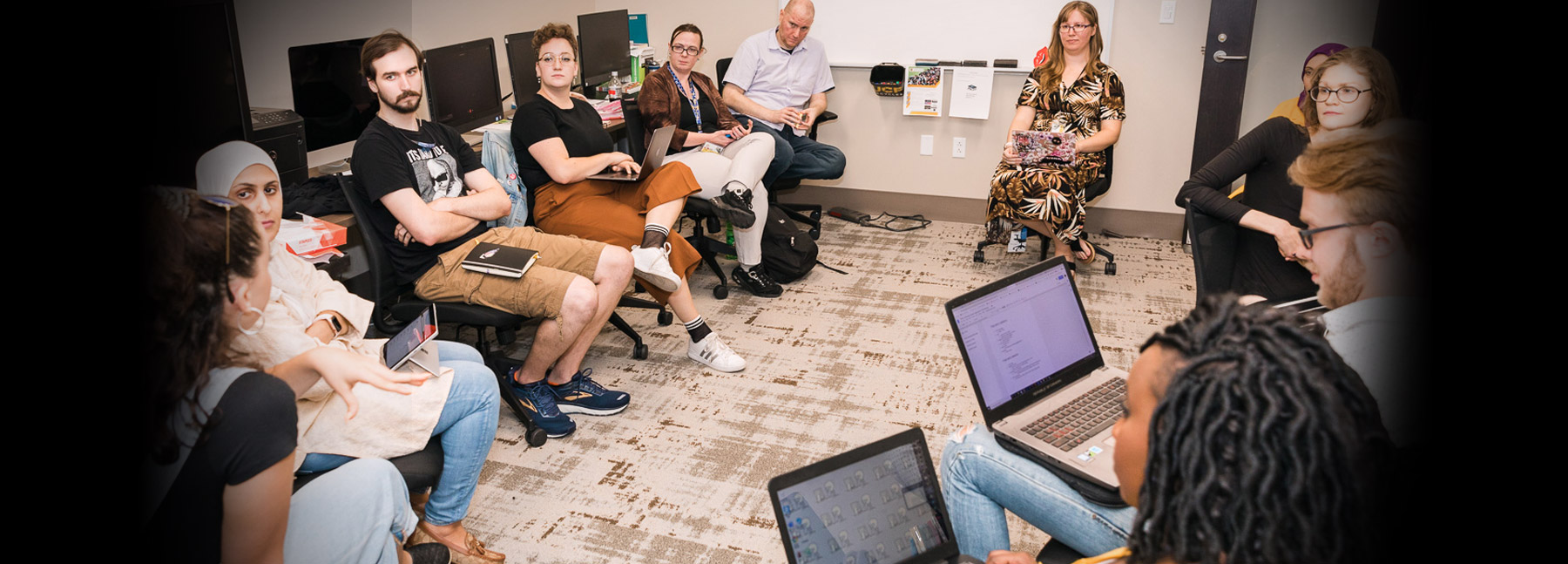
Active Students (as of April 2023)*
Graduate students: 74
*All active students with declared CAH programs are included in the enrollment counts.
T&T at Conferences
T&T students presented a record 36 papers at conferences this year, including national and international events in media studies (Society for Cinema and Media Studies, Console-ing Passions), interactive narrative (International Conference on Interactive Digital Storytelling, Narrascope, Electronic Literature Organization), games studies (Foundations of Digital Games, Digital Games Research Association, Generation Analog, Meaningful Play, Play Make Learn), literature (Modern Language Association, Comparative Literature Conference, Society for Literature, Science, and the Arts) and technical communication (ACM Special Interest Group on Design of Communication). This outstanding achievement highlights the students’ capabilities and the program’s broad scope of work, enhancing our visibility across research communities.
T&T in Print
T&T students also published a remarkable amount of innovative research across various fields this year, with seven articles, five conference proceedings, four book chapters and a co-authored book. Topics included digital remediations of history, such as Evan Wallace’s publication “A lens most obscured: Western perceptions of contemporary Russian medievalisms” and Kirk Lundblade’s work “If Your Empire Last More Than Two Centuries, You May Need to Speak to Your Doctor: The Effects of Historicizing Discourse in the Crusader Kings 3 Community.” Others explored analog games, with Jack Murray’s “Igniting the Spark: Analog to Digital Adaptation of Narrative Affect and Player Subjectivity in Magic: The Gathering” and Mirek Stolee’s “From Boards and Chits to Circuit Boards and Bits.”
Student research delved into questions of inequality, including Lauren Rouse’s chapter “Voltron: Legendary Defender and Compulsory Ablebodiness” and Abigail Moreshead’s article “Gender and Para-Academic Labor: The Invisible Translators of Old English and their Legacy in Digital Humanities.” Additionally, students made contributions in the field of education, with Keidra Daniels Navaroli coauthoring the art history textbook This Is America: Re-Viewing the Art of the United States with faculty member Keri Watson and Jennifer Morin publishing “Closing the Soft Skills Gap: A Case in Leveraging Technology and the “Flipped” Classroom with a Programmatic Approach to Soft Skill Development in Business Education.” Some students also engaged in public-facing scholarship, with Alessandra Zinicola Lopez writing the blog post “To make mangoes of melons: Using the evolution of form and senses to understand historical cookbooks,” and Jim Stoddard joining the Knights History podcast to talk about his work.
T&T in Collaboration
This year, T&T students participated in multiple large-scale collaborative projects. They helped build the CAH*LAB project, a series of workshops and resources aimed at promoting the adoption of digital humanities tools and practices across the college led by faculty member Emily Johnson. They were part of a research team awarded a grant from Meta to investigate the causes of (and solutions for) racial inequality on social media, under the leadership of faculty member Mel Stanfill. They developed a new tool for encouraging experimentation with mixed reality interactive narratives called TwineSpace, led by T&T director Anastasia Salter. A team of four students engaged in critical making created a zine titled “Resisting in and through the Material,” envisioning the future of creative research methods using tools ranging from typewriters and textiles to mixed-media comics. With the program winning a UCF Technology Fee grant to refresh the computer lab space in summer 2023 with advanced technology to support innovative research and creative scholarship, these kinds of projects will undoubtedly continue to thrive in the coming years.
— Anastasia Salter, director

